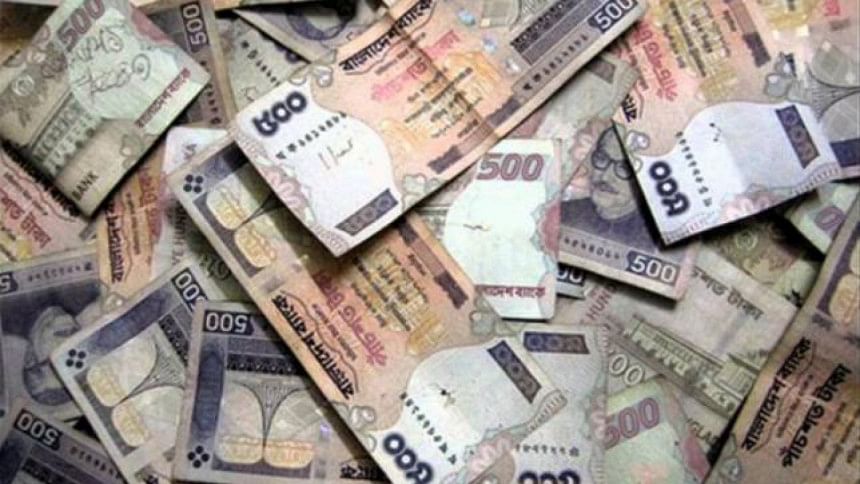Taka to weaken against dollar:Fitch

Bangladeshi currency taka will face more depreciatory pressures against the US dollar mainly due to imported inflation, according to a report released by Fitch Solutions.
It forecasted that the exchange rate would stand at Tk 85 per dollar this year and Tk 86.50 next year.
The local currency will go on to stand at Tk 87 in 2023.
The Fitch Solutions and Country Risk and Industry Research released the prediction on November 17.
It earlier forecasted that the exchange would be at Tk 84.75 per dollar this year and Tk 85 next year.
Bangladesh Bank data showed that the inter-bank exchange rate stood at Tk 85.80 compared to Tk 84.80 a year ago.
Since the last update of Fitch Solutions in August, the taka has depreciated 1.1 per cent against the dollar, taking the year to date exchange rate average to Tk 84.93 per dollar, it said.
Elevated global inflation and more hawkish stances by major global central banks has led to weakness amongst emerging market currencies and US dollar strength, it said.
"However, we also believe the Bangladesh Bank will continue to intervene to ensure Bangladesh maintains its export competitiveness, while not fuelling import inflation," it added.
The BB has continued to growtheforeign exchange reserve, which stood at $46.45 billion in October, up 13.3 per cent year-on-year, it said.
"The accumulation of reserves has helped offset taka appreciatory pressures, but we note that since end-August, the reserves have fallen 3.3 per cent, despite the taka depreciating," it said.
This likely reflects the BB's efforts to manage the depreciation of the taka and Fitch Solutions expects further intervention to offset exchange rate volatility and potential US dollar strength over the coming months.
The Fitch thinks that the BB would look to contain taka depreciation to curb import prices and the resultant inflationary pressures.
Inflation increased 5.6 per cent year-on-year in June whereas it was 5 per cent in January this year.
Spikes in commodity prices and disruptions to supply chains have added to import prices. In particular, rising energy costs will put upward pressure on price growth, said Fitch Solutions.

 For all latest news, follow The Daily Star's Google News channel.
For all latest news, follow The Daily Star's Google News channel. 



Comments